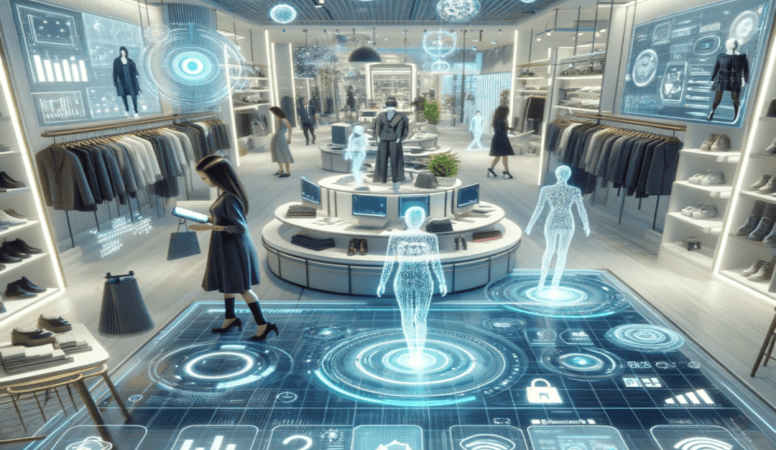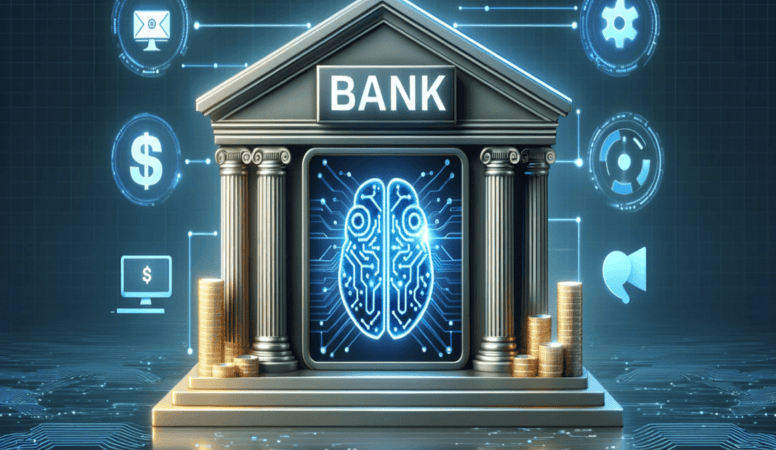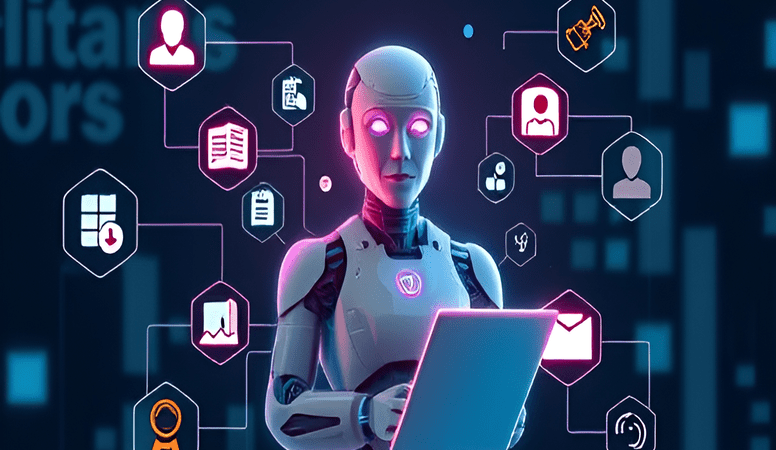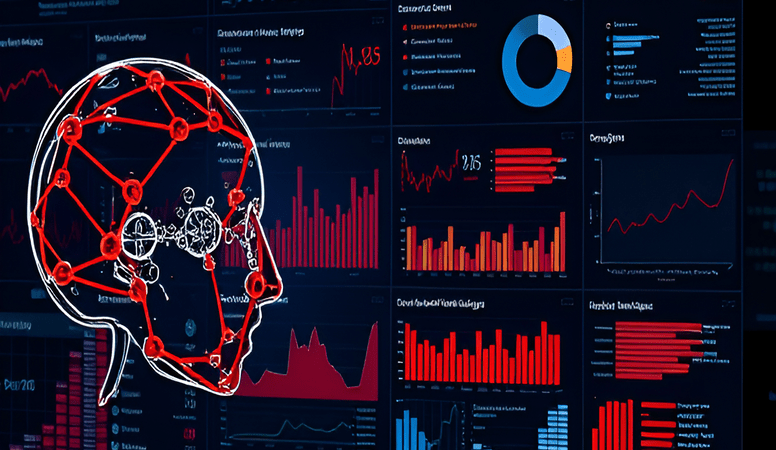Artificial Intelligence (AI) is transforming the healthcare and medical field by improving diagnostics, treatment plans, patient care, and operational efficiency. AI-powered tools are being used to analyze medical images, predict patient outcomes, and streamline administrative tasks, improving healthcare services’ overall efficiency and quality. Virtual health assistants and robotic surgery are revolutionizing patient care, making it more precise and accessible. Integrating AI in healthcare has also led to the development of personalized medicine, precision medicine, and telemedicine, making healthcare more accessible and patient-centric. Let’s explore more about AI in Healthcare.
Current Applications of AI in Healthcare
Medical Imaging: AI algorithms are being used to analyze medical images such as X-rays, CT scans, and MRIs. These algorithms can help radiologists detect abnormalities, diagnose diseases, and plan treatments with greater accuracy and efficiency.
Disease diagnosis: AI-powered diagnostic tools can analyze patient data, including symptoms, medical history, and lab results, to help health care providers diagnose diseases more quickly and accurately. Earlier detection and intervention can occur, improving patient outcomes.
Drug discovery and development: AI is accelerating the drug discovery process by analyzing large amounts of biological data to identify potential drug candidates and predict their effectiveness. This enables researchers to develop new treatments for diseases more efficiently and cost-effectively.
Personalized medicine: AI algorithms can analyze genetic data and other patient-specific information to tailor treatment plans to individual patients. This approach, known as personalized medicine, allows healthcare providers to deliver more targeted and effective treatments while reducing side effects.
Health monitoring and predictive analytics: AI-powered wearable devices and mobile apps can monitor patients’ health in real-time, collecting data on vital signs, activity levels, and other metrics. AI algorithms can analyze this data to identify patterns and trends, enabling early detection of health problems and predicting potential complications.
Future prospects of AI in healthcare
Precision Medicine: With advances in AI and genomics, precision medicine is promising to revolutionize health care by providing personalized treatments tailored to each patient’s unique genetic makeup, lifestyle, and environment.
Virtual health assistants: AI-powered virtual health assistants may become common, providing patients with personalized medical advice, scheduling appointments, and even assistance with medication management.
Drug repurposing and combination therapy: AI algorithms can analyze existing drugs and their effects on biological systems to identify new uses for drugs, a process known as drug repurposing. AI can suggest combinations of drugs that may be more effective when used together, leading to new treatment strategies.
Early disease detection and prevention: AI algorithms can analyze large amounts of health data to identify patterns and biomarkers associated with early stages of diseases. This can help with earlier detection and intervention, potentially preventing the onset of diseases or reducing their severity.
Health care delivery optimization: AI can optimize health care delivery by analyzing patient flow, resource allocation, and scheduling to improve efficiency and reduce costs. This can lead to reduced wait times, better access to care, and more streamlined operations within health care systems.
Conclusion!
AI is transforming health care in remarkable ways, from improving diagnosis and treatment to enabling personalized medicine and predictive analytics. Applications of AI in Health Care As AI technology advances, the possibilities for AI in health care are virtually limitless. With “AI wala Dost” as your guide, you are ready to explore the exciting frontier of AI in healthcare and see its positive impact on improving lives around the world!








